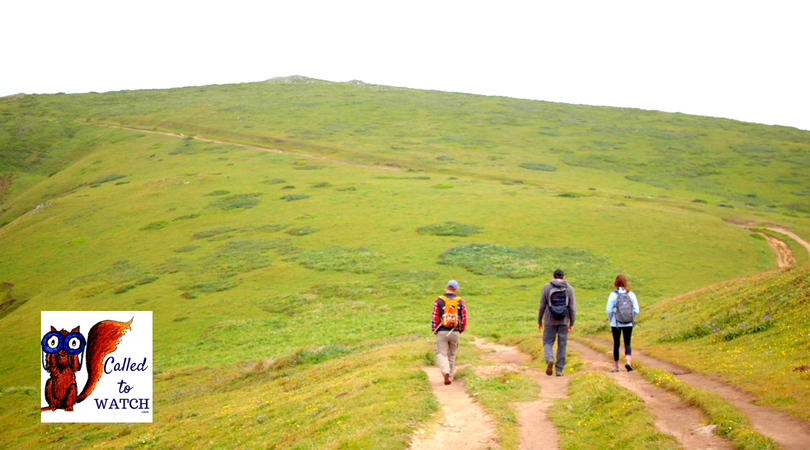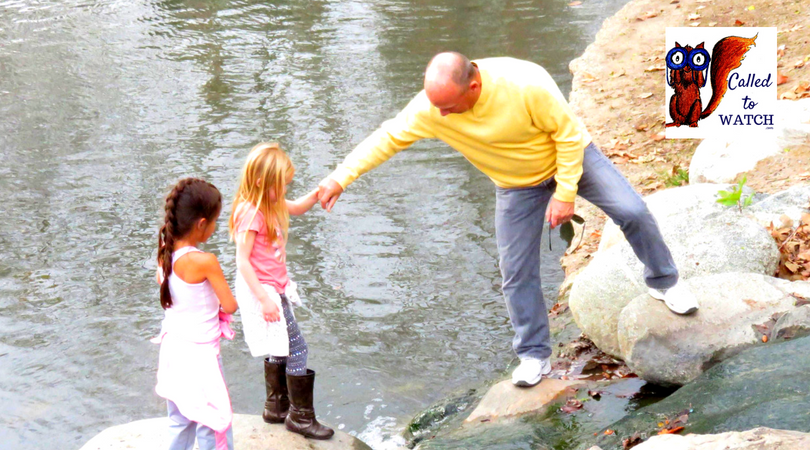Chronic illness is…well, chronic. For the most part, not only does it not end, but it remains the same.
Of course there are changes, developments, progressions – but these are generally subtle in nature and may vary between individuals.
Perhaps our Loved One is slowly but surely declining.
Or maybe their sickness fluctuates without rhyme or reason. Some days they are well, others they are not.
Or perhaps there is simply no visible change at all, just a long, monotonous pain.
Continue reading “Help! People keep asking after my chronically sick family member…”










